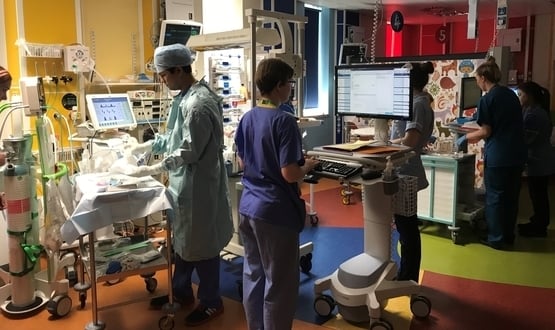Information systems needed for commissioning
- 19 July 2005
Primary care trusts and practices need to urgently discuss how they can develop information systems to support practice-based commissioning according to the National Association of Primary Care (NAPC).
The association has issued a ten step guide to practice based commissioning which underlines the need for practices and PCTs to have timely data on a very regular basis.
The guidance says: “PCTs and practices will need access to sophisticated tools to profile patient risk, target cost-effective upstream care, manage demand, track appropriateness of treatment and influence clinical practice patterns. Practices and PCTs should discuss as a matter or urgency how to develop them.”
Last year the Department of Health pledged to commission software to support practice-based commissioning nationally but those plans now appear to have shelved.
Maggie Marum, a consultant to the NAPC, told EHI Primary Care: “It has gone very quiet at the health department but practices need timely information. We did it for fundholding so I don’t see why it can’t be done again.”
Lack of accurate information is one of the factors holding back the development of practice-based commissioning according to Marum who says PCTs and practices are currently being left to develop their own information systems.
She added: “Some places have better data than others but practice-based commissioning is certainly not taking off like rockets at the moment.”
A survey by the association in April found one in ten practices were interested in going ahead but a survey sent to around 200 PCTs last month generated only ten responses.
Marum said one of the main problems was that guidance issued so far by the health department had been very general and that PCTs and practices were finding it difficult to get going.
Further guidance is due out in the autumn which Marum said may include more details about information systems and management allowances to cover the costs of practice based commissioning.
The ten step guide recommends that practices consider IT capital costs and data management costs when considering management expenses.
A separate survey of more than 1,000 GPs, practice managers, nurses and PCT managers released by the NAPC this week shows that interest in practice based commissioning increased when those involved had a better understanding of the details, benefits and incentive.
Dr James Kingsland, chairman of the NAPC who conducted the survey, said there was a significant knowledge gap in primary care about practice based commissioning and called on PCTs to increase their support for it.
Links
Ten steps to practice based commissioning
Understanding practice based commissioning




